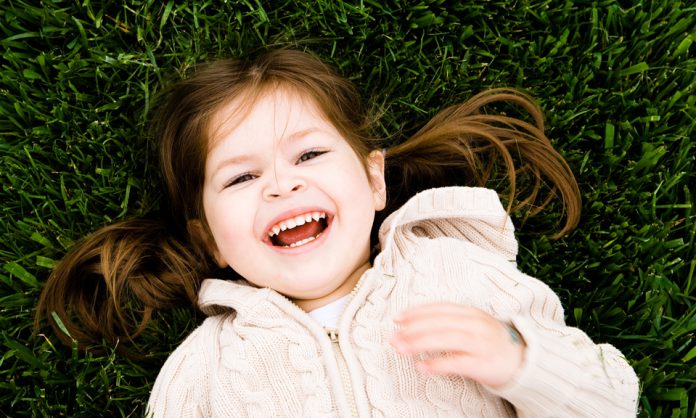Toddler-hood brings many changes that will define how your toddler acts and thinks in the long run.
One of these aspects of toddler development is personality–your child’s own set of behaviors that will be reflected in his or her actions. As mothers, try to decode your toddler’s personality because this will help you teach the right things at a stage in toddler development where learning is still a very effective long-term intervention.
Toddlers can be one of several personality types: tactile, visual, and taste-and-smell.
Tactile toddlers
Tactile kids learn have an extraordinary affinity with their physical aspect. Toddler behavior will be characterized by manifest physical actions–jumping or skipping to denote happiness; and pushing or shoving when angry. Tactile kids are doers, so parents should reciprocate this toddler behavior with actions as well. Jumping with your kid to share in the happiness is a good way to share in the experience, and giving him or her an embrace when she feels down is just as well.
Auditory toddlers
Auditory toddlers, meanwhile, receive and respond to auditory stimuli best–voices, noise, natural sounds, etc. They express their feelings verbally–laughing when they are happy, crying when they are sad, or shouting when they are angry. Other noted toddler behaviors are competencies in logic and mathematics. To respond to this toddler behavior appropriately, reciprocal auditory stimuli must be utilized–music, a soft voice (or even a loud one as the case permits), and even songs. Kids who won’t stop squealing or screaming can be appeased effectively through music or a soft comforting tone of voice from you.
Visual toddlers
As the name suggests, visual toddlers are very receptive of their environment through their sense of sight. This toddler behavior is characterized by learning effectively through photos or others that they can see. These kids are good at imitating behaviors of other people, and are very receptive of color, shape, size, and even text.
To respond appropriately to this toddler behavior, divert your toddlers by creating visually stimulating scenes through photos, or present him or her something colorful. And because they pick up stimuli easily just by seeing, be careful of the things you do around your toddler he or she might imitate.
The Taste-and-Smell toddlers
Taste-and-smell kids, meanwhile, are highly sensitive both to strong smells and tastes and therefore respond better to them than other stimuli. If these senses are well developed in the long term, toddlers with exceptional senses of taste and smell would make good chefs. In the meantime, parents respond to toddler behavior by taking into account the particular smells and tastes that they find favorable and avoiding contact with those they do not like.





